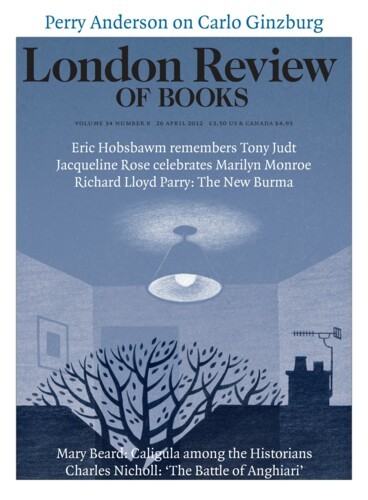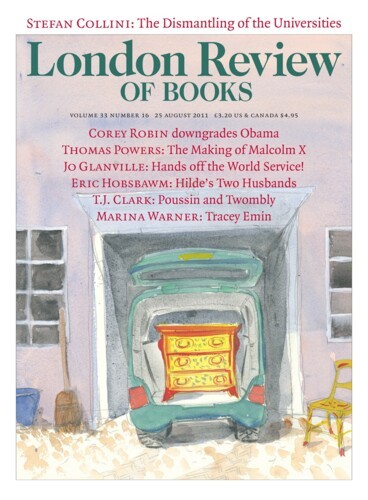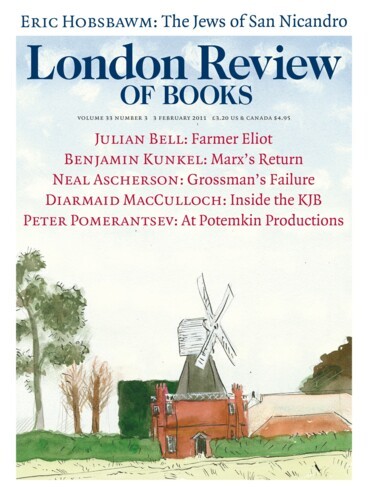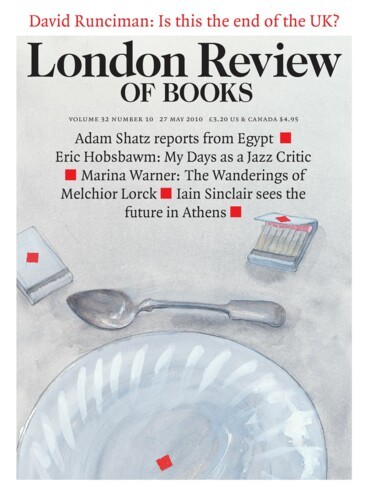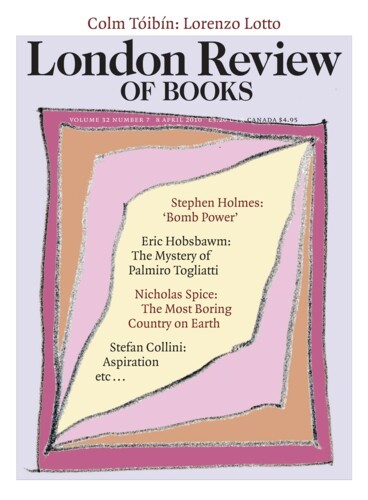After the Cold War: Tony Judt
Eric Hobsbawm, 26 April 2012
My relations with Tony Judt date back a long time but they were curiously contradictory. We were friends, though not intimate ones, and while both of us were politically committed historians, and both preferred wearing informal gear as historians rather than regimental uniform, we marched to different drummers. Nevertheless our intellectual interests had something in common. Both of us knew that the 20th century can only be understood fully by those who became historians because they lived through it and shared its basic passion.
